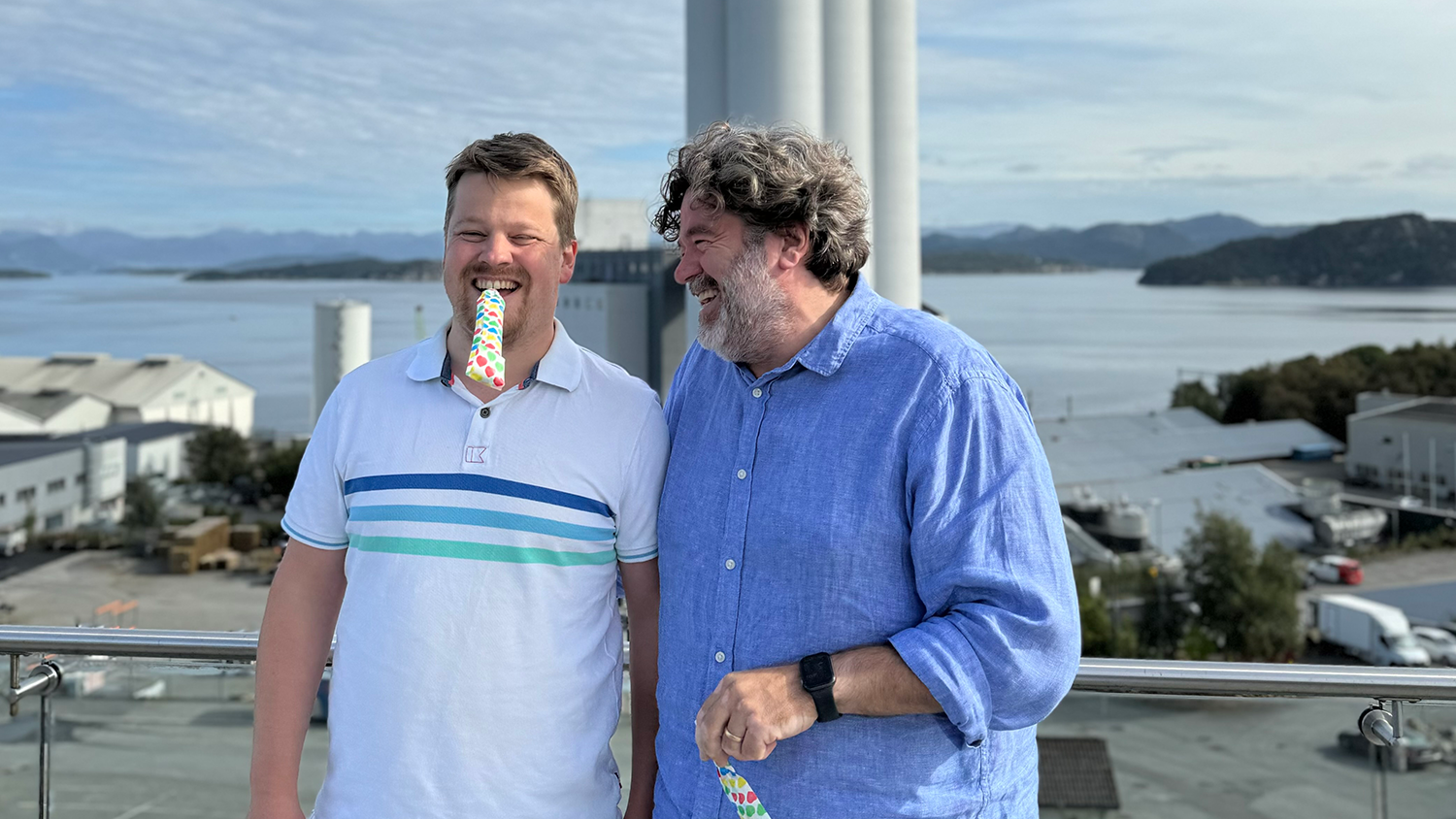We are happy to see that more of Norway's largest companies are sharing the top spot this year, compared to 2023.
Skretting Norway named PwC climate winner for third consecutive year

The Climate Index, which is prepared by the accounting firm PwC, is an annual overview of the climate impact and reporting of the largest companies in Norway. While nine companies were climate winners last year, the Climate Index 2024 shows a doubling: 18 of the 100 largest companies in Norway meet the strict requirements, and for the third year in a row, Skretting is among the climate winners.
"We are of course pleased to maintain our position as a climate winner in Norway. But we are also pleased that far more of the large companies outside the seafood industry now meet the requirements of the Climate Index, even though we wish that all 100 were climate winners. That's what it takes," says Leif Kjetil Skjæveland, Head of Sustainability at Skretting Norway.
This year's climate winners, in addition to Skretting, are Atea, Europris, Møller Mobility Group, Vinmonopolet, Storebrand, NG Group, Schibsted, Veidekke, Bewi, Norske Skog, Yara, Elkem, Norsk Hydro, KLP, Salmar, Skanska Norway and Sparebanken Vest.
Green energy is still more expensive, but an additional cost that comes with our climate commitments to ourselves and our customers.
Climate footprint from feed almost halved
The companies that PwC selects as climate winners must meet the Paris Agreement's minimum requirements for emission cuts and demonstrate transparent, clear and consistent climate reporting over the past three years. This is an impressive 48% lower than the base year 2018, against which Skretting Norway measures its climate performance. The majority of the almost halved climate footprint of Skretting feed is related to raw material production.
"For a number of years, Skretting has worked purposefully together with raw material suppliers and producers. This is work that we continue unabated. We are now entering into new and long-term partnership agreements that will equip us to reduce our footprint even further," says Skjæveland.
Skjæveland recently gained a government appointment to the steering group for a national social mission with the goal that all feed for farmed fish and livestock should come from sustainable sources by 2034. He also represents Skretting in the Raw Materials Promise, which in June joined forces with the agricultural industry's feed industry in the "Blue-Green Feed Forum".
Green electric power agreements
Despite the fact that Skretting Norway increased production by 2.2% last year, total emissions were reduced by 3.9%.
"Increased production makes it more difficult to achieve the commitments contained in the Paris Agreement. Production growth means that we have to compensate and cut even more. We are therefore extra proud to retain our position as climate winner for the third year in a row, but next year we must manage even better than 3.9%," says Skjæveland.
Although the majority of its climate efforts are directed towards raw materials, Skretting continues its efforts to reduce the climate footprint of its own factories.
"This year, we have decided that all the electricity we use will come from renewable sources. Green energy is still more expensive, but an additional cost that comes with our climate commitments to ourselves and our customers," says Skjæveland.